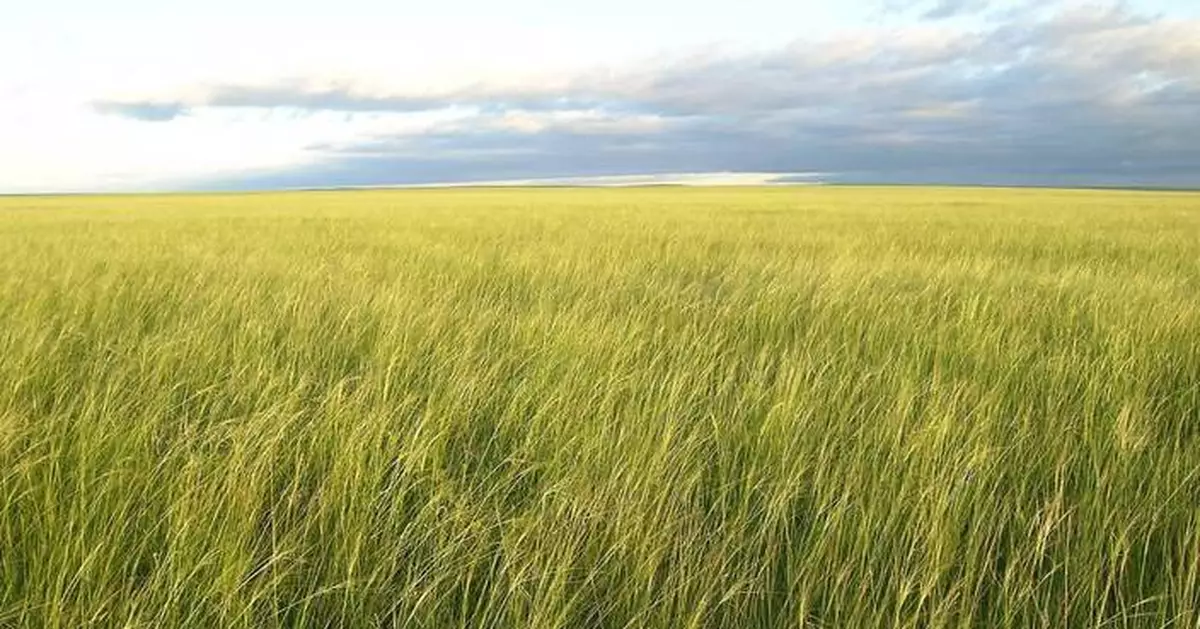ULAANBAATAR, Mongolia--(BUSINESS WIRE)--Apr 22, 2024--
Today, the Government of Mongolia, The Nature Conservancy (TNC), and others announced the launch of Eternal Mongolia – a Project Finance for Permanence (PFP) initiative that will deliver lasting conservation and sustainable community development for the Central Asian country whose vast steppe represents our planet’s last great tract of intact temperate grassland.
This press release features multimedia. View the full release here: https://www.businesswire.com/news/home/20240421544883/en/
Eternal Mongolia is a negotiated partnership that will deliver USD $198 million of new investment over 15 years to support Mongolia’s ambitious goals and deliver lasting conservation and sustainable community development in and around protected areas. This includes a USD $71 million transition fund from private and other global donor sources. This transition fund will accelerate Mongolia’s conservation and community development goals, while providing time to develop sustainable financing mechanisms to ensure protected areas can be managed sustainably in the long-term and that Mongolian people benefit from nature, now and for the future.
Eternal Mongolia will dramatically expand and strengthen the effectiveness of the country’s entire National Protected Area network, support sustainable herding practices, invest in the sustainable tourism industry, and set an unprecedented example to the rest of the world about the value of land and freshwater conservation.
The PFP will support local community-driven proposals to safeguard an additional 14.4 million hectares of Mongolia’s lands and waters including intact grasslands, forests, deserts, wetlands and rivers; strengthen the management of all of Mongolia’s National Protected Areas covering 47 million hectares; and extend sustainable and climate-resilient community-managed practices to 34 million hectares outside protected areas.
Mongolia established itself as a world conservation leader 30 years ago by committing to a vision revolutionary for its time: to protect 30% of its lands—a goal now shared around the world. Eternal Mongolia unlocks all the funding and policy commitments needed for Mongolia to ensure its 30% conservation target will be met by 2030 while providing a secure and economic future for Mongolians.
Eternal Mongolia is an initiative of Enduring Earth, an ambitious collaboration between The Nature Conservancy, The Pew Charitable Trusts, World Wildlife Fund (WWF) and ZOMALAB that works in partnership with nations and communities as they accelerate and amplify conservation for a more sustainable, prosperous future for people and planet.
“To address the dual climate and biodiversity crises we must catalyze action at scale and ensure that people and livelihoods are at the center of the solution,” said Jennifer Morris, CEO of The Nature Conservancy and Board Chair of Enduring Earth.
Eternal Mongolia anticipates key financial support from Legacy Landscapes Fund.Eternal Mongolia initiatives would not be possible without philanthropic support from Jennifer Speers, Pamela Tanner Boll, The Jeremy and Hannelore Grantham Environmental Trust, Joanna & Stuart Brown, TheLorinetFoundation, China Global Conservation Fund, Sabra Turnbull & Clifford Burnstein, Trafigura Foundation, Margaret A. Cargill Philanthropies, Arcadia,Fondation Hans Wilsdorf,TheGallogly Family Foundation,and Robert W. Wilson Charitable Trust.
The full version of this press release with more information and additional quotes, including those from the Government of Mongolia, can be found at www.nature.org/en-us/newsroom/eternal-mongolia-pfp-announcement/
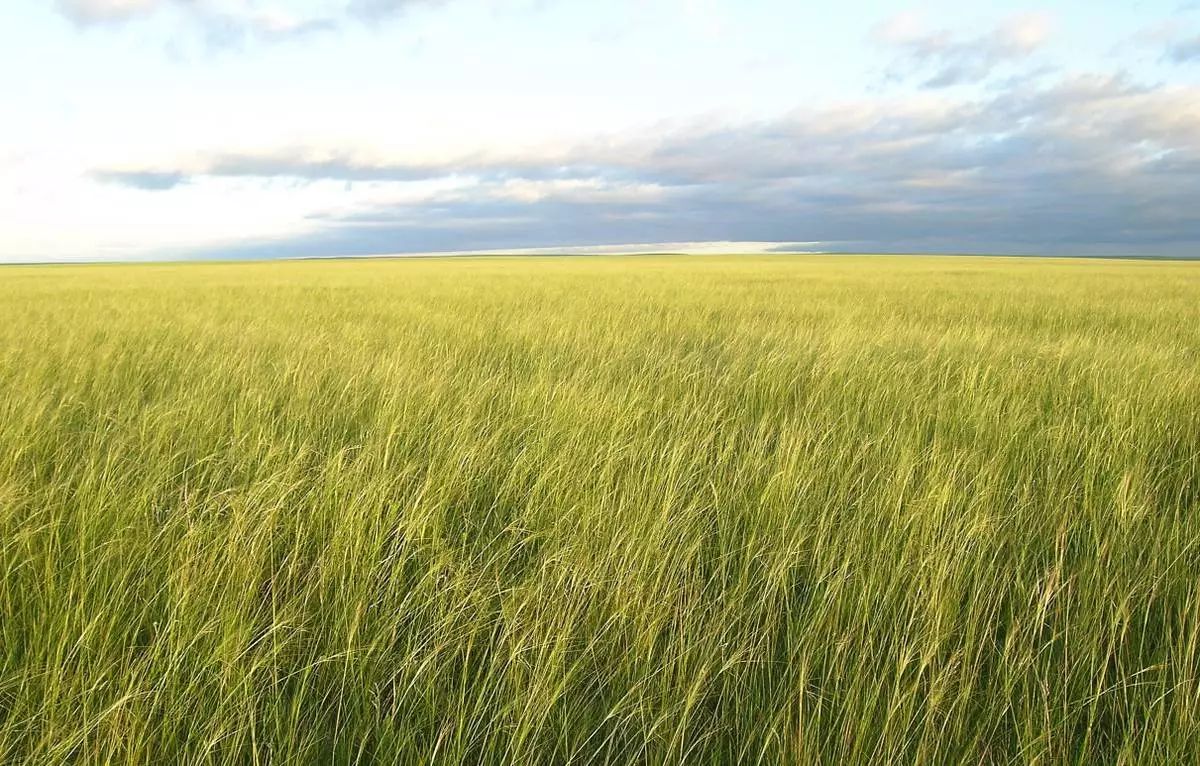

Mongolia's Nationally Protected area, Toson Hulstai. ©TNC
WEST PALM BEACH, Fla. (AP) — Israeli Prime Minister Benjamin Netanyahu worked to mend ties with Republican presidential candidate Donald Trump on Friday and offered measured optimism about progress toward a cease-fire deal for Gaza as he neared the end of a contentious U.S. visit that put on display the growing American divisions over support for the Israeli-Hamas war.
At Trump's Florida Mar-a-Lago estate, where the two men met face-to-face for the first time in nearly four years, Netanyahu told journalists he wanted to see U.S.-mediated talks succeed for a cease-fire and release of hostages.
“I hope so,” Netanyahu said, when reporters asked if his U.S. trip had made progress. While Netanyahu at home is increasingly accused of resisting a deal to end the 9-month-old war to stave off the potential collapse of his far-right government when it ends, he said Friday he was "certainly eager to have one. And we’re working on it.”
As president, Trump went well beyond his predecessors in fulfilling Netanyahu’s top wishes from the United States. Yet relations soured after Netanyahu became one of the first world leaders to congratulate Joe Biden for his 2020 presidential victory, which Trump continues to deny.
The two men now have a strong interest in restoring their relationship, both for the political support their alliance brings and for the luster it gives each with their conservative supporters.
A beaming Trump was waiting for Netanyahu on the stone steps outside his private club and residence in Palm Beach, Florida. He warmly clasped the hands of the Israeli leader.
“We’ve always had a great relationship,” Trump insisted before journalists. Asked as the two sat down in a muraled room for talks if Netanyahu’s trip to Mar-a-Lago was repairing their bond, Trump responded, “It was never bad.”
For both men, Friday’s meeting was aimed at highlighting for their home audiences their depiction of themselves as strong leaders who have gotten big things done on the world stage, and can again.
Netanyahu’s Florida trip followed a fiery address to a joint meeting of Congress on Wednesday that defended his government’s conduct of the war and condemned American protesters galvanized by the killing of more than 39,000 Palestinians in the conflict.
On Thursday, Netanyahu had met in Washington with Biden and Vice President Kamala Harris, who appears on track to becoming the new Democratic presidential nominee after Biden decided to step out of the race. Both pressed the Israeli leader to work quickly to wrap up a deal to bring a cease-fire and release hostages held by Hamas.
Trump’s campaign said he pledged in Friday's meeting to “make every effort to bring peace to the Middle East” and combat antisemitism on college campuses if American voters elect him to the presidency in November.
Netanyahu handed Trump a framed photo that the Israeli leader said showed a child who has been held hostage by Hamas-led militants since the first hours of the war. “We’ll get it taken care of,” Trump assured him.
In a speech later Friday before a group of young Christian conservatives, Trump said he also asked Netanyahu during their meeting how “a Jewish person, or a person that loves Israel” can vote for Democrats.
He also laced into Harris for missing Netanyahu's speech and claimed she “doesn’t like Jewish people” and “doesn’t like Israel." Harris has been married to a Jewish man for a decade.
For Trump, the meeting was a chance to be cast as an ally and statesman, as well as to sharpen efforts by Republicans to portray themselves as the party most loyal to Israel.
Divisions among Americans over U.S. support for Israel’s war against Hamas in Gaza have opened cracks in years of strong bipartisan backing for Israel, the biggest recipient of U.S. aid.
For Netanyahu, repairing relations with Trump is imperative given the prospect that Trump may once again become president of the United States, which is Israel’s vital arms supplier and protector.
One gamble for Netanyahu is whether he could get more of the terms he wants in any deal on a Gaza cease-fire and hostage release, and in his much hoped-for closing of a normalization deal with Saudi Arabia, if he waits out the Biden administration in hopes that Trump wins.
“Benjamin Netanyahu has spent much of his career in the last two decades in tethering himself to the Republican Party,” said Aaron David Miller, a former U.S. diplomat for Arab-Israeli negotiations, now a senior fellow at the Carnegie Endowment for International Peace.
For the next six months, that means “mending ties with an irascible, angry president," Miller said, meaning Trump.
Netanyahu and Trump last met at a September 2020 White House signing ceremony for the signature diplomatic achievement of both men’s political careers. It was an accord brokered by the Trump administration in which the United Arab Emirates and Bahrain agreed to establish normal diplomatic relations with Israel.
For Israel, it amounted to the two countries formally recognizing it for the first time. It was a major step in what Israel hoped would be an easing of tensions and a broadening of economic ties with its Arab neighbors.
In public postings and statements after his break with Netanyahu, Trump portrayed himself as having stuck his neck out for Israel as president, and Netanyahu paying him back with disloyalty.
He also has criticized Netanyahu on other points, faulting him as “not prepared” for the Oct. 7 Hamas attacks that started the war in Gaza, for example.
In his high-profile speech to Congress on Wednesday and again Friday at Mar-a-Lago, Netanyahu poured praise on Trump, calling the regional accords Trump helped broker historic and thanking him “for all the things he did for Israel.”
Netanyahu listed actions by the Trump administration long-sought by Israeli governments — the U.S. officially saying Israel had sovereignty over the Golan Heights, captured from Syria during a 1967 war; a tougher U.S. policy toward Iran; and Trump declaring Jerusalem the capital of Israel, breaking with longstanding U.S. policy that Jerusalem's status should be decided in Israeli-Palestinian negotiations.
“I appreciated that,” Trump told “Fox & Friends” on Thursday, referring to Netanyahu's praise.
Trump has repeatedly urged that Israel with U.S. support “finish the job” in Gaza and destroy Hamas, but he hasn’t elaborated on how.
Natalie Melzer in Tel Aviv, Israel, Adriana Gomez Licon in West Palm Beach, Florida, and Jill Colvin in New York contributed. Knickmeyer reported from Washington. Price reported from New York.
Follow the AP's coverage of the 2024 election at https://apnews.com/hub/election-2024.

Republican presidential candidate former President Donald Trump speaks at the Turning Point Believers' Summit, Friday, July 26, 2024, in West Palm Beach, Fla. (AP Photo/Alex Brandon)

Republican presidential candidate former President Donald Trump listens as he meets with Israeli Prime Minister Benjamin Netanyahu at his Mar-a-Lago estate, Friday, July 26, 2024, in Palm Beach, Fla. (AP Photo/Alex Brandon)
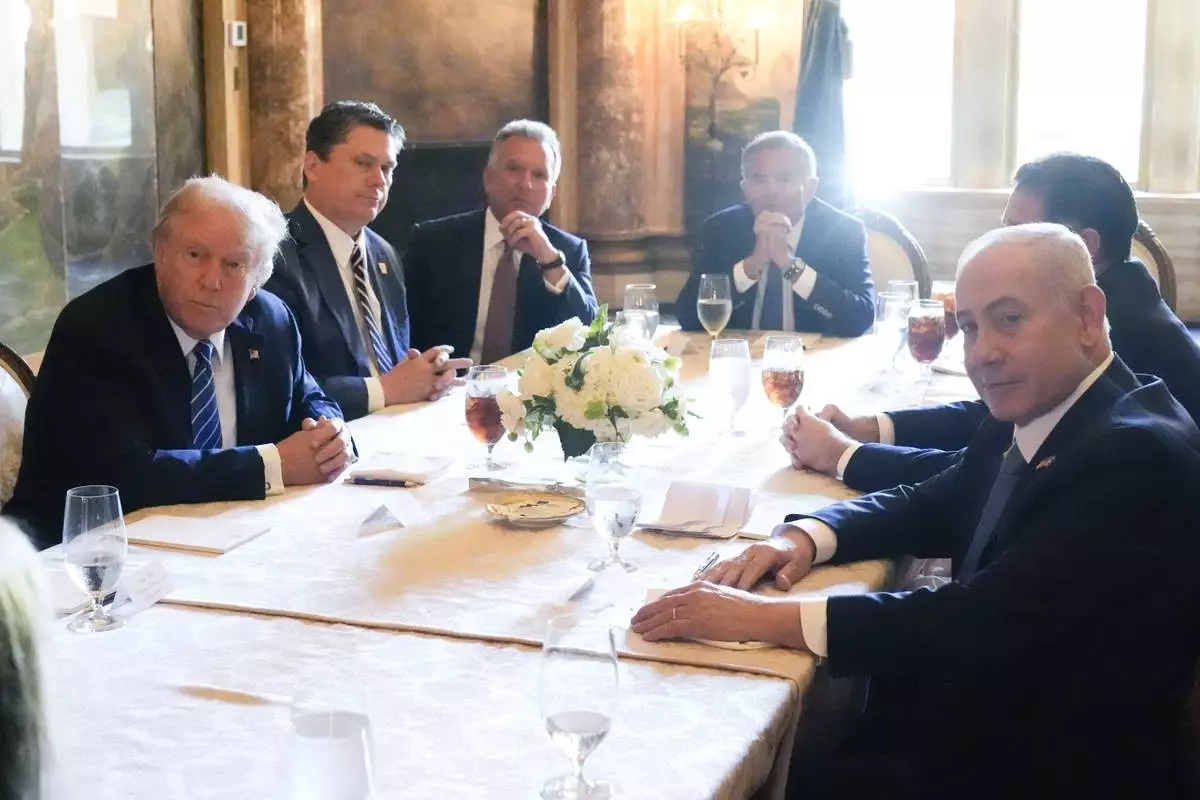
Republican presidential candidate former President Donald Trump meets with Israeli Prime Minister Benjamin Netanyahu at his Mar-a-Lago estate, Friday, July 26, 2024, in Palm Beach, Fla. (AP Photo/Alex Brandon)
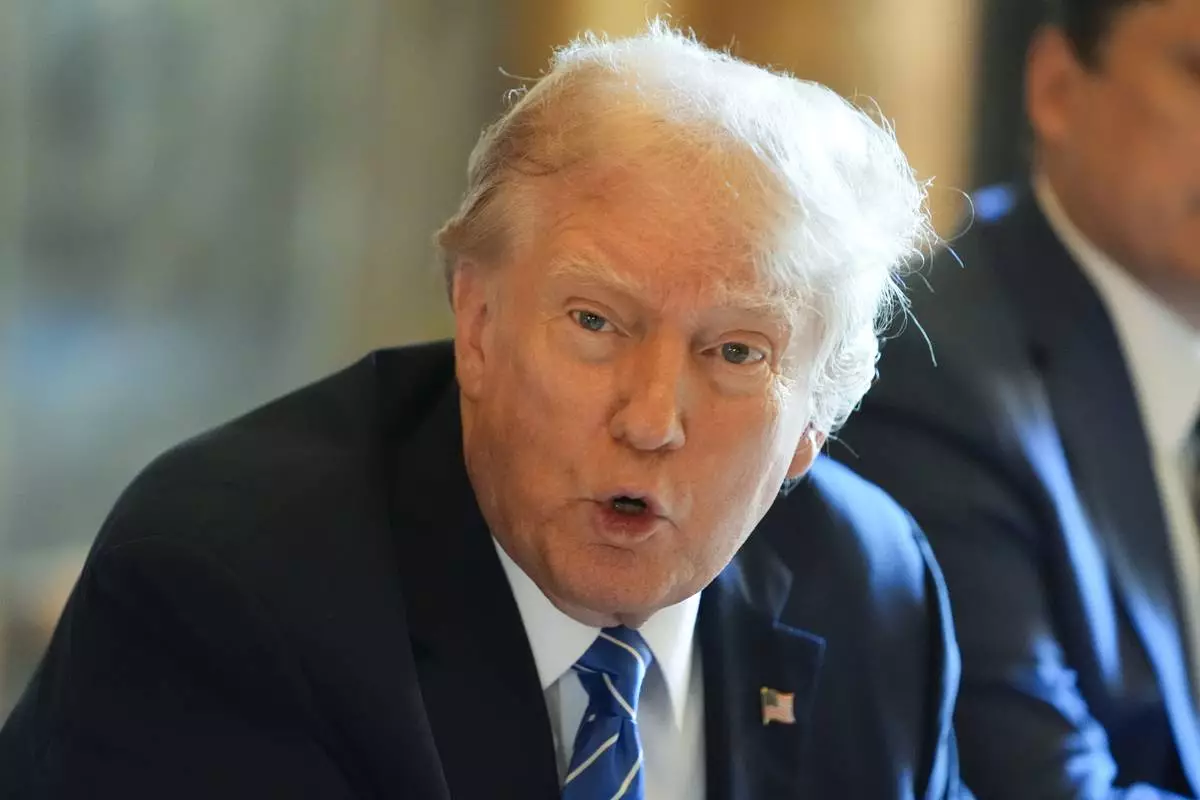
Republican presidential candidate former President Donald Trump speaks while meeting with Israeli Prime Minister Benjamin Netanyahu at his Mar-a-Lago estate, Friday, July 26, 2024, in Palm Beach, Fla. (AP Photo/Alex Brandon)
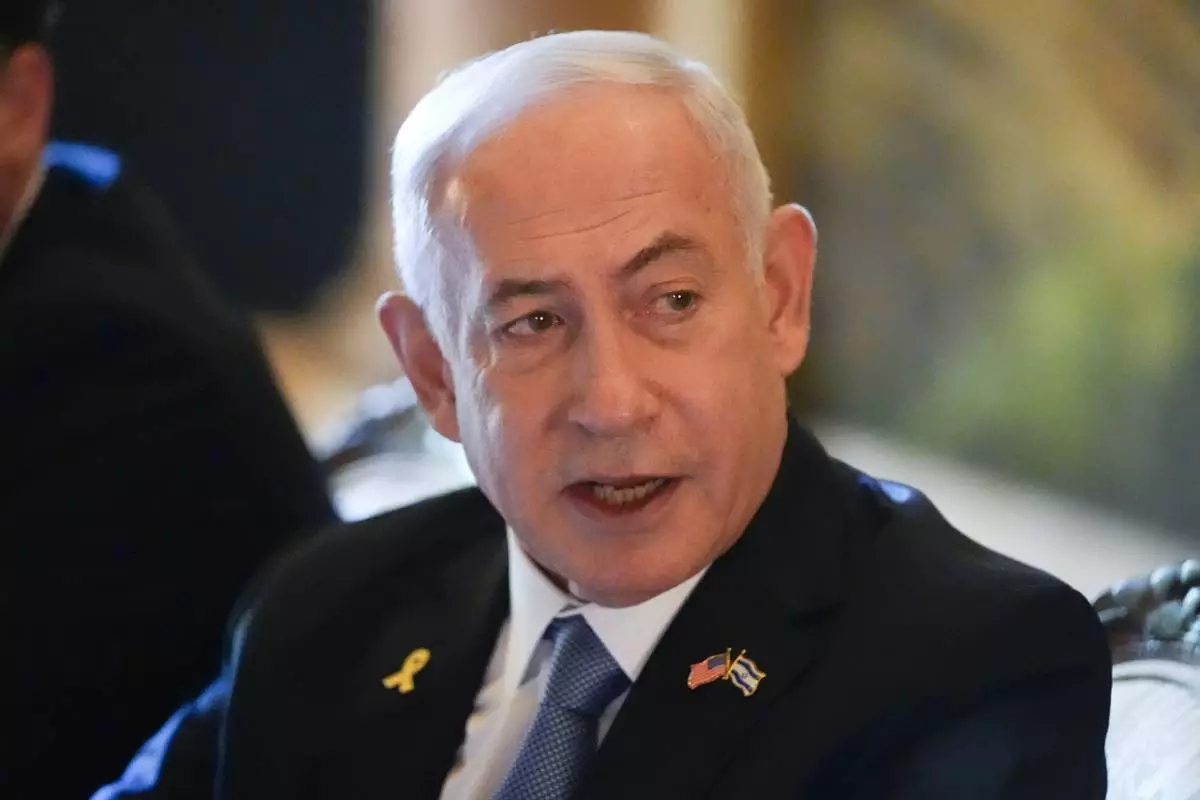
Israeli Prime Minister Benjamin Netanyahu speaks while meeting with Republican presidential candidate former President Donald Trump at his Mar-a-Lago estate, Friday, July 26, 2024, in Palm Beach, Fla. (AP Photo/Alex Brandon)

Republican presidential candidate former President Donald Trump meets with Israeli Prime Minister Benjamin Netanyahu, right, at his Mar-a-Lago estate, Friday, July 26, 2024, in Palm Beach, Fla. (AP Photo/Alex Brandon)
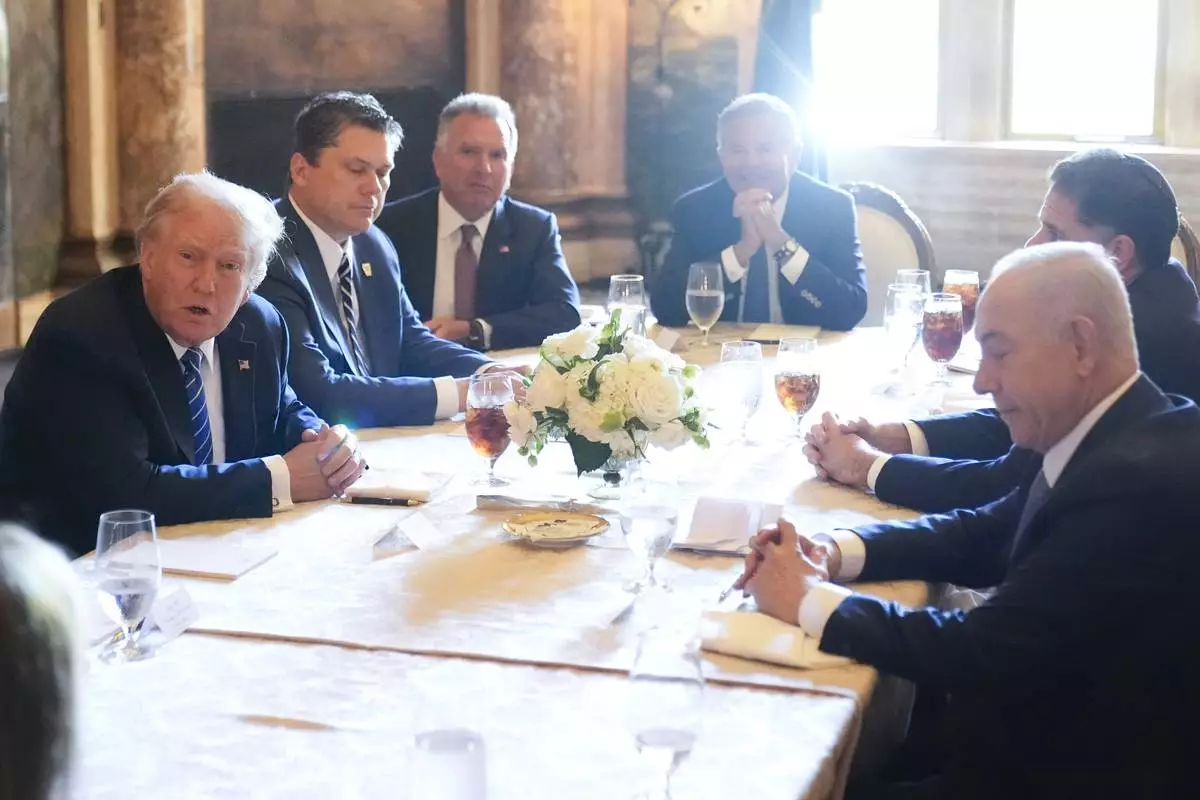
Republican presidential candidate former President Donald Trump meets with Israeli Prime Minister Benjamin Netanyahu at his Mar-a-Lago estate, Friday, July 26, 2024, in Palm Beach, Fla. (AP Photo/Alex Brandon)

Republican presidential candidate former President Donald Trump meets with Israeli Prime Minister Benjamin Netanyahu at his Mar-a-Lago estate, Friday, July 26, 2024, in Palm Beach, Fla. (AP Photo/Alex Brandon)

FILE - President Donald Trump, right, meets with Israeli Prime Minister Benjamin Netanyahu in the Oval Office, Sept. 15, 2020, at the White House in Washington. Trump is due to talk face-to-face with Netanyahu for the first time in nearly four years. The meeting Friday, July 26, 2024, at Mar-a-Lago will mend a break that has lasted since 2021. Trump at the time blasted Netanyahu for being one of the first leaders to congratulate President Joe Biden for his election victory. (AP Photo/Alex Brandon, File)




